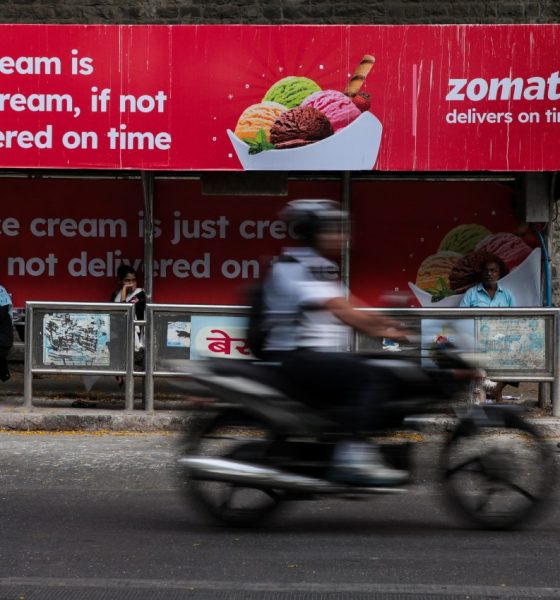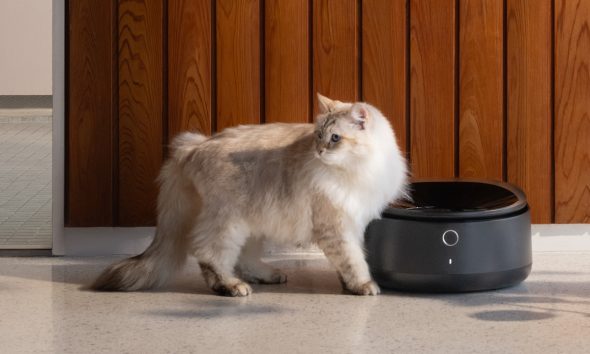
Goldman Sachs said in a report late Thursday that Indian food delivery giant Zomato’s quick commerce arm Blinkit is now...



























Health insurance giant UnitedHealth Group has confirmed that a ransomware attack on its health tech subsidiary Change Healthcare earlier this year resulted in a huge theft...


Phone cameras have evolved a lot, with image processing becoming increasingly important and granular controls to help users tweak their images. Despite that, many people are...


On Friday, Watcher announced it will leave YouTube to launch its own paid subscription service. By Sunday, it had lost around three percent of its subscribers...


The Lenovo Yoga Book 9i is a dual-display work of art. With the included folio stand, the laptop can be propped up in landscape mode to...


TikTok Shop, TikTok’s social commerce marketplace, is launching a secondhand luxury category in the U.K., putting it in closer competition with The RealReal, Vestiaire Collective, Depop,...